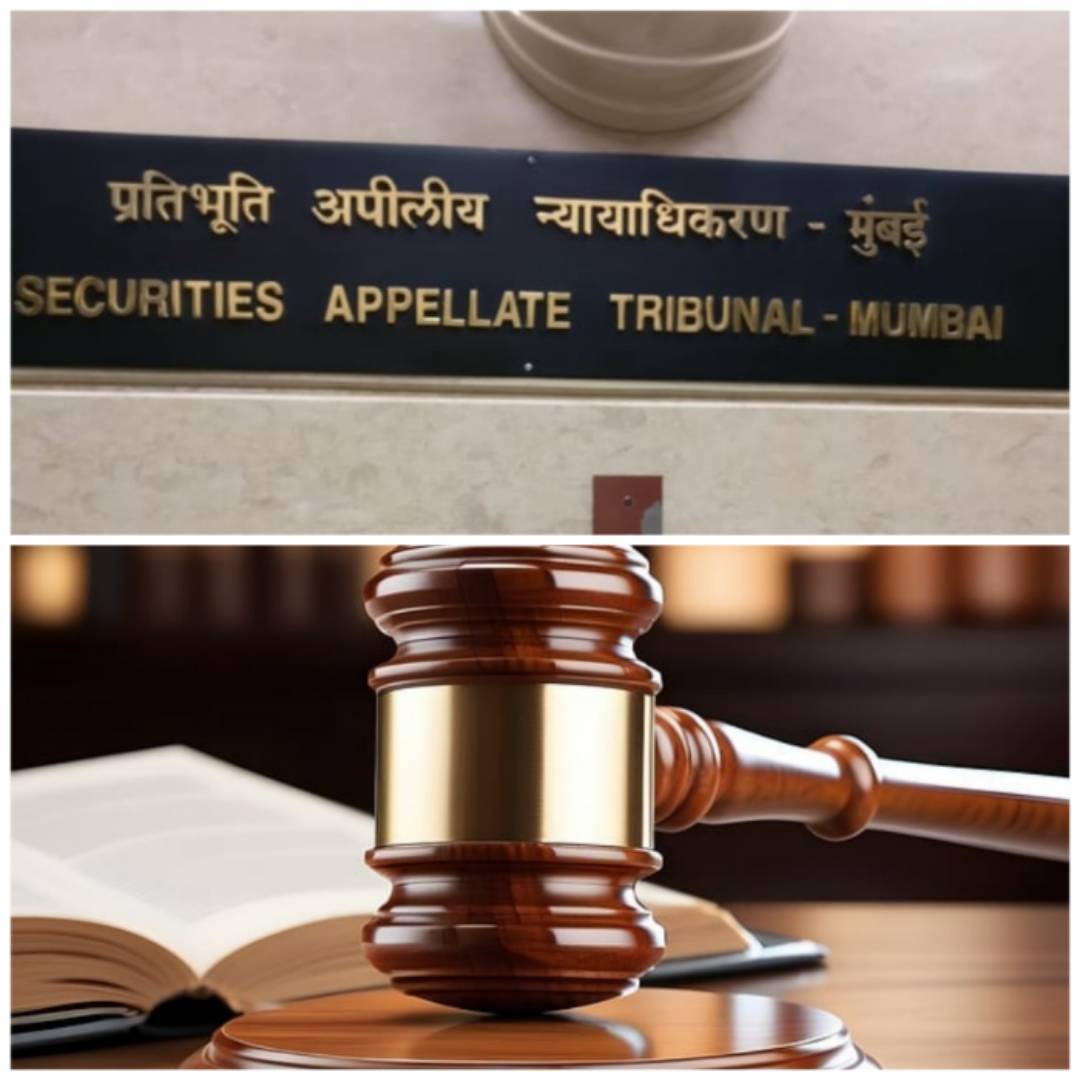UPRERA operates under the provisions of the Real Estate (Regulatory and Development) Act, 2016, which aims to foster transparency and prevent fraud in the real estate sector. UPRERA specifically governs real estate projects in Uttar Pradesh, with the goal of protecting home buyers while providing developers with a structured framework for project registration and maintenance.
To ensure continuous monitoring and transparency, developers are required to submit quarterly updates about their projects on the UPRERA portal. These updates help authorities and buyers stay informed about the progress and compliance status of ongoing projects, ensuring that developers remain accountable throughout the project lifecycle.
Key Quarterly Compliance Requirements
Under the Uttar Pradesh Real Estate (Regulation and Development) Rules, 2016, developers are obligated to submit quarterly reports to the UPRERA. These reports must be updated within seven days from the end of each quarter, as stipulated by Chapter IV of the Rules. The primary requirements for these quarterly updates are as follows:
1. Project Registration Updates:
Developers must provide regular updates on the status of their project registration with UPRERA. This includes updating any modifications or amendments related to licenses, permits, or approvals granted by the authority.
2. Construction Progress Reports:
The most critical aspect of quarterly compliance is the requirement to submit photographic evidence of construction progress. This includes:
- Photos of the construction progress of each building.
- Photos showcasing the progress of each floor.
- Images of the internal infrastructure and common areas to demonstrate their completion status.
3. Project Approval Status:
Developers must keep the authority updated on the status of all approvals related to the project, including:
- Approvals received.
- Approvals pending and their expected dates.
- Approvals planned for submission, along with expected dates of application.
4. Inventory Updates:
A key component of quarterly compliance is providing an update on the total number of units sold, including types of apartments, plots, or commercial properties. Developers are also required to list the total number of garages or closed parking spaces sold within the project.
5. Display of Sanctioned Plans and Specifications:
During the booking process and when issuing allotment letters to buyers, developers must display the approved sanctioned plans, layout plans, and specifications of the property. This includes the stage-wise time schedule for the completion of the project and the basic infrastructure such as water, sanitation, electricity, and maintenance.
6. Project Status Advertisements:
In any advertisement, brochure, or prospectus related to the project, developers are required to include the address of the project's UPRERA webpage to ensure potential buyers can easily access the project's status.
Importance of Compliance
Adhering to these quarterly compliance requirements is not only legally mandated but also crucial for maintaining transparency with homebuyers. It reassures buyers that the project is on track and reduces the likelihood of disputes. Furthermore, these updates act as an official record of the project’s status, which can be useful in case of any legal challenges or conflicts between buyers and developers. Moreover, keeping the UPRERA portal updated helps developers avoid potential penalties for non-compliance, which could severely impact the financial status of a project.
Penalties for Non-Compliance
Under Section 61 of the Real Estate (Regulatory and Development) Act, 2016, failure to comply with quarterly update requirements can result in significant penalties. If a developer provides false information or fails to submit the required updates, they may face a fine of up to 5% of the estimated cost of the project. The exact penalty is determined by the UPRERA authority, depending on the severity of the violation.
In the real estate sector, transparency plays a pivotal role in building trust between developers and buyers. By adhering to UPRERA's quarterly compliance requirements, developers can provide prospective buyers with clear, reliable information about their projects. This not only helps avoid legal complications but also enhances the credibility of the developer in a competitive market.









.png)